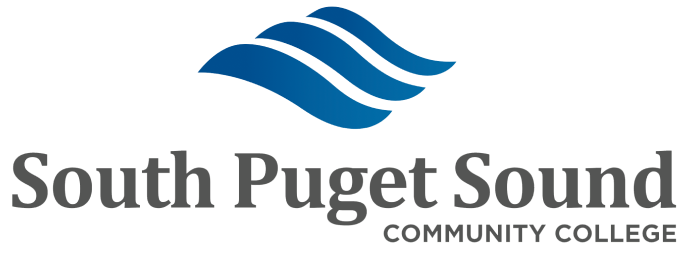Residency
Residency

Residency

To pay resident tuition for your SPSCC classes, you must:
Note: SPSCC does not have any tuition reciprocity agreements with neighboring states.
Through House Bill 1079, students who are undocumented but living in Washington State may be eligible to pay resident tuition rates if they meet all of the three following criteria.
Students who meet all of the above criteria are required to provide a completed Washington Higher Education Residency Affidavit to the One Stop verifying they will file an application to become a U.S. Permanent Resident at the earliest opportunity.
To establish domicile in the state of Washington, students must provide documentation showing they meet the following guidelines:
Once the individual is in full compliance with all of Washington's requirements for residency, then they have established domicile. Once domicile is established, the student is eligible for in-state tuition 12 months from the date of arrival if all legal ties were are in place. Washington statute says that domicile must be in existence for one year immediately prior to the first day of the quarter for which the student wants to be classified as a resident.
Examples of other factors that may help students establish proof of domicile include: disposition of property in the former state of residence, relocation of household members, participation in local community organizations, and generally becoming involved in activities that will help prove their intent to make Washington their official place of residence.
To apply for a change in residency classification:
To be effective for the current quarter, the deadline to submit the Residence Questionnaire and all required documentation is the 30th calendar day of the quarter. Requests submitted after the deadline will not take effect until the next quarter.
Note: Once the application and its contents have been submitted, it becomes the property of SPSCC and will not be returned to students. The College keeps the documentation in a high security vault for 7 years (for records and auditing purposes) and destroys the files after that time period. It is suggested students make copies for themselves in case they need it for future references.
While actively enrolled in the Running Start program students are considered in-state residents provided they meet the definition of an enrolled student in accordance with WAC 392-121-106. A student's immigration status does not impact their eligibility nor prohibit them from enrolling in classes that receive basic education funding, including Running Start in accordance with WAC 392-137-115. However, residency determinations must be made for students who exceed the Running Start 1.40 FTE limit (beginning fall 2023), enroll in non-college level courses during any regular term, or enroll in any course as a self-pay student. These situations are not covered under Running Start reimbursement and are subject to residency for tuition determination in accordance with RCW 28B.15.012.
After the term maximum of a Running Start student's natural senior year of high school, in order to continue enrollment at South Puget Sound Community College they must fill out the Supplemental Residency form. This special application will allow a student to retain their current student status for registration purposes while updating the necessary residency information for tuition calculation. Running Start students who have reached the end of their maximum term enrollment are blocked from future registration until the Supplemental Residency form is filled out and submitted to Enrollment Services. The application can be brought in person to the One Stop at the Olympia or emailed to enroll@spscc.edu. You must bring or submit a copy of your photo ID with the form.
If you are an Undocumented student, please see the "In-State Tuition for Undocumented Residents" section of this webpage more information about qualifying for in-state tuition.
If you need information about updating or changing your residency status, please see the "Establishing & Changing Residency" section of this webpage for more information about required documentation.
If you are financially dependent upon your parents or legal guardians, you must provide documentation to prove your parents/legal guardians have established a bona fide domicile in the state of Washington. You must also provide documentation to show that you are a dependent who is claimed by the parents/legal guardians on their most recent U.S. Federal Income Tax return.
If your parents or legal guardians are either divorced or legally separated, you may be classified as residents if:
If you are younger than 25 and financially independent, you must establish a bona fide domicile in the state of Washington if your parents or court-appointed legal guardians do not reside in Washington. You must provide documentation showing independent status along with your Residence Questionnaire and submitting:
American Indian students who meet the following two conditions are eligible to pay resident tuition at colleges and universities in Washington State:
If you qualify under these conditions, please complete the Resident Tuition for American Indian Students form.
To apply for residency for tuition as active duty military members or as a member's spouse or dependents, you must:
To apply for residency for tuition as Washington National Guard members or as a member's spouse or dependents, you must:
To apply as discharged member who now lives in Washington, you must:
To apply as members (or dependents) who are from Washington, but stationed in another state or overseas, you must:
Washington residents who enter military/civil service while domiciled in Washington, or persons who establish a domicile while stationed here for a period of at least one year, will remain residents while stationed outside of Washington if they return within one year of discharge/end of service with the intent to be domiciled in Washington.
Students who are Washington residents and have been out of Washington to attend an out-of-state college or university, need to submit a completed Residence Questionnaire to our office along with the following additional documentation:
